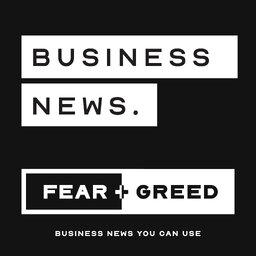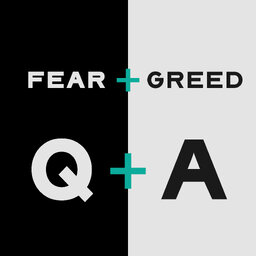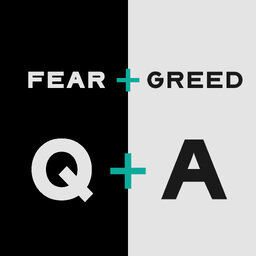Interview: The extra value an accountant can bring to a business
Most businesses use accountants and bookkeepers - but could SMEs be using them more effectively?
Sean Aylmer talks to Damien Greathead, Head of Marketing at Intuit Australia - the makers of cloud accounting software Quickbooks - about the true value of a good accountant - and the surprising services they can provide.
Damien is speaking at the Accounting Business Expo on the 14th and 15th of March in Melbourne, which is a supporter of this podcast.
In 1 playlist(s)
FEAR & GREED | Business News
Daily business news for people who make their own decisions, with business journalist Sean Aylmer an…Social links
Follow podcast
Recent clips

Housing starts with a bang; gold, silver, Bitcoin tumble; Epstein captures Gates, Musk
16:11

Q+A: The Week Ahead | 2 Feb 2026
11:25

Q+A: Behind the scenes at the Olympics
08:54
 FEAR & GREED | Business News
FEAR & GREED | Business News